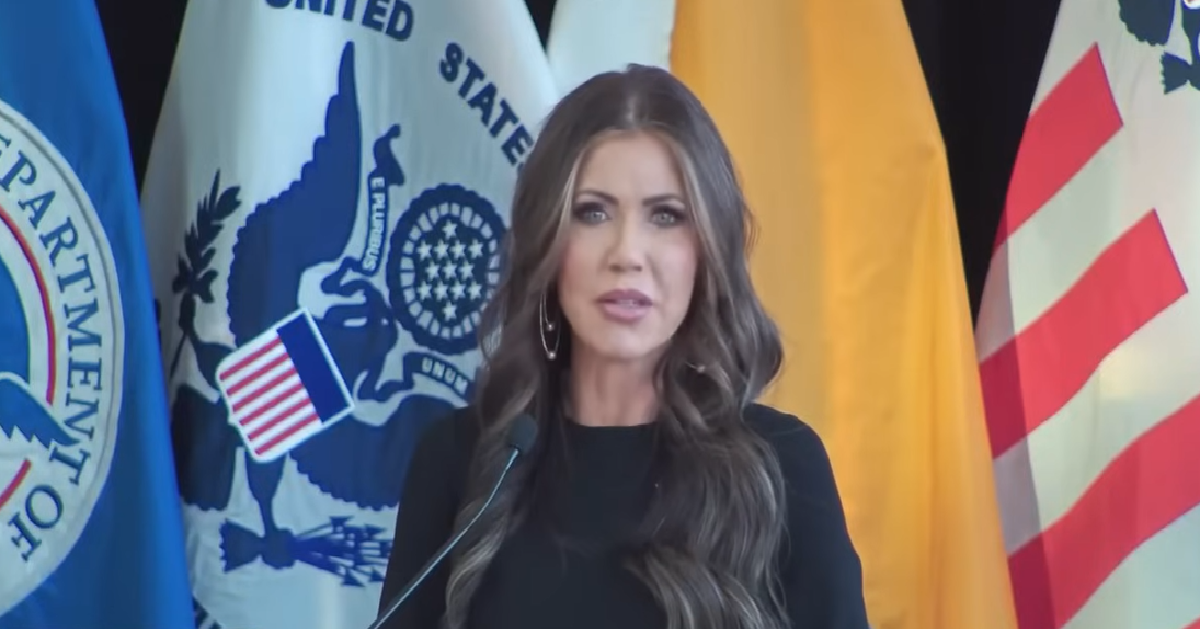RFK Jr.'s vaccine panel to review key childhood shots
Hold onto your hats, folks—Health Secretary Robert F. Kennedy Jr. is shaking up the vaccine world with a new advisory committee that’s got public health experts sweating, Newsmax reports.
This week in Atlanta, Kennedy’s freshly minted Advisory Committee on Immunization Practices (ACIP) is voting on potential changes to recommendations for COVID-19, hepatitis B, and chickenpox shots, a move that could ripple through national vaccination programs and access for low-income families.
Let’s rewind a bit to understand how we got here. Kennedy replaced the old 17-member panel with a new group, including voices skeptical of vaccines, signaling a shift in how these critical health decisions might play out. It’s a bold move, and one that’s got many wondering if science or skepticism will take the driver’s seat.
Kennedy’s June Moves Spark Controversy
Back in June, Kennedy made headlines by announcing he’d pull COVID-19 shots from CDC recommendations for healthy children and pregnant women. That decision drew sharp criticism from medical groups and even triggered a lawsuit from the American Academy of Pediatrics. Well, turns out actions have consequences, and the backlash was louder than a foghorn at dawn.
CDC officials quickly stepped in to clarify that families could still access the 2024-2025 COVID-19 vaccines for kids after consulting doctors, and the federal Vaccines For Children (VFC) program would cover them. But the uncertainty lingers like a bad cold—will this season’s shots get the same support?
In that same June meeting, Kennedy’s ACIP did recommend flu shots for Americans but stayed mum on COVID-19 vaccines. It’s a curious omission, especially since new formulations are rolled out each fall to tackle evolving strains. Are we playing catch-up with a virus that doesn’t wait for bureaucracy?
COVID-19 Access Hangs in Balance
Fast forward to August, when the FDA approved this fall’s COVID-19 shots but restricted their use for healthy younger adults and children. If ACIP aligns with this narrower guidance and the CDC doesn’t step in with broader recommendations, access could vanish for roughly half of America’s kids, according to Dr. Sean O'Leary of the American Academy of Pediatrics. “That would take away access for roughly half of America’s kids,” O’Leary warned—and that’s not a small hiccup.
Let’s unpack that quote for a second. Losing VFC coverage, which funds about half of all childhood vaccinations in the U.S., isn’t just a paperwork problem—it’s a barrier for families already stretched thin. The progressive agenda often claims to champion the underdog, but restricting access like this feels more like a stumble than a stride.
The American Academy of Pediatrics isn’t backing down, pushing for COVID-19 vaccinations for all children aged 6 months to 2 years. Meanwhile, public health experts fret that these votes could sow doubt among parents, eroding trust in a system that’s kept diseases at bay for decades.
Hepatitis B Guidance Under Scrutiny
Now, let’s pivot to hepatitis B, a nasty virus that can cause chronic liver infections, especially when passed from mother to newborn. Kennedy’s ACIP hinted in June at revisiting guidance on this vaccine, which has been recommended within 24 hours of birth for stable infants since 1991. With shots boasting 85-95% effectiveness, why mess with a winning formula?
Historically, relying on maternal screening didn’t cut it, failing to stop many cases of transmission. “There were lots of failures,” said Dr. William Schaffner of Vanderbilt University, pointing to the ongoing mother-to-child spread. If it ain’t broke, don’t fix it—or so the saying goes, but apparently, some beg to differ.
Schaffner also quipped, “I’m tightening my seat belt,” and who can blame him? Revisiting a policy with no recent safety risks for newborn shots feels like inviting turbulence on a smooth flight. Let’s hope the data, not doubts, steers this decision.
Chickenpox Vaccines Also on the Table
Then there’s chickenpox, caused by the varicella virus, once a rite of passage that could turn deadly for teens and adults. Since 1995, universal vaccination for kids has slashed cases and deaths, with a combined MMRV shot introduced in 2006—though studies later showed it caused more rashes, fevers, and rare seizures after the first dose compared to separate shots.
By 2009, ACIP adjusted, allowing either combined or separate shots for the first dose, with most pediatricians now opting for separate initially and combined for the second. It’s a practical tweak, balancing safety and convenience, so why stir the pot again unless there’s hard evidence?
As this week’s votes loom in Atlanta, the stakes couldn’t be higher for children and struggling families. The ACIP’s recommendations historically guide the CDC and shape national programs, so these decisions aren’t just academic—they’re personal. While healthy skepticism of overreach is warranted, let’s not throw out decades of progress in a rush to rewrite the rulebook.






